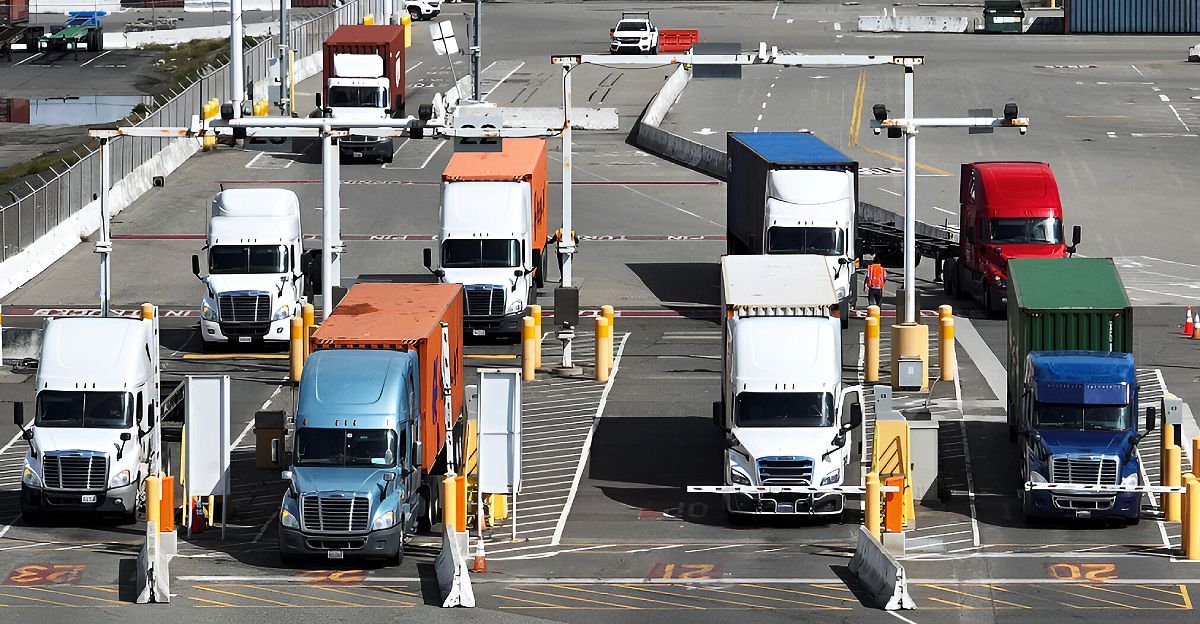
One of Colorado’s major truck companies, which has long been seen as a key player on highways across the state, is currently facing a massive disaster. Operations have suddenly stopped, leaving customers and workers scrambling for answers.
According to industry insiders, few saw this coming, and the sudden collapse has sent shockwaves through the industry, from rural terminals to big city warehouses and local suppliers.
A Slow Drip to Sudden Stop
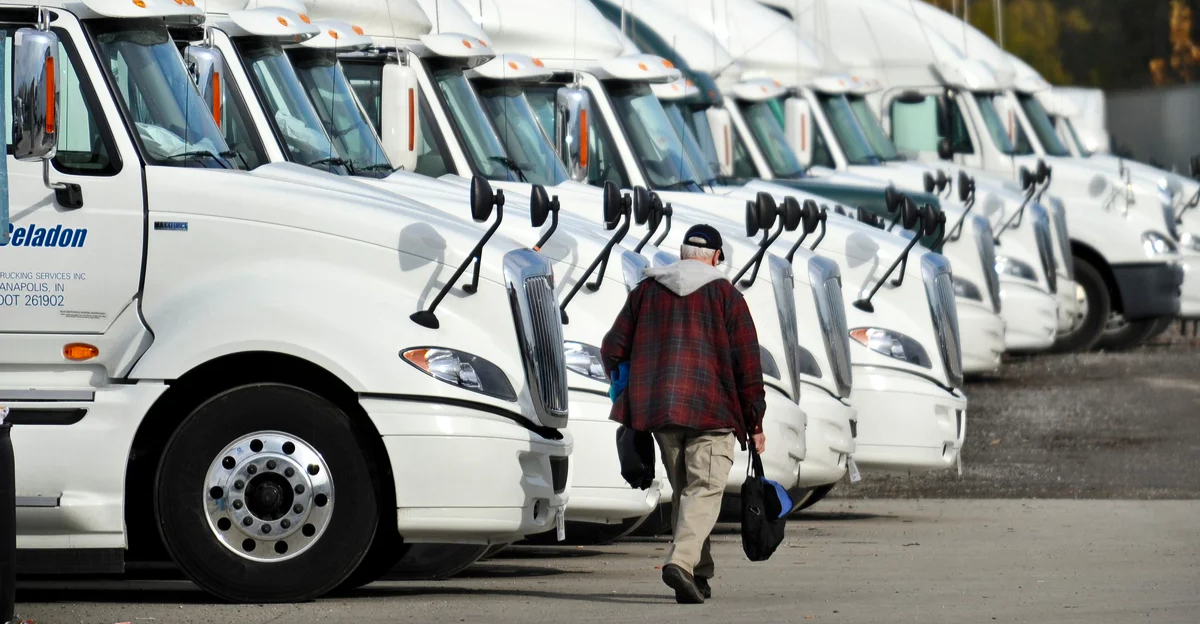
Over the last few months, warning signs have slowly but surely accumulated with smaller paychecks, delayed shipments, and lighter loads leaving the terminals. Dispatchers juggled baffled calls, managers dealt with fuel cards getting declined, and veteran drivers whispered about unpaid invoices.
The growing unease became impossible to ignore until the official announcement finally came, quickly confirming what everyone feared most.
Jobs Gone Overnight

Many employees, including drivers, mechanics, and office staff, suddenly found themselves without a job. For many people, trucking is more than just a paycheck; it’s a way of life, with careers spanning decades and families depending on every haul.
All of a sudden, the phone stopped ringing, logins were locked, and support networks disappeared without a trace, leaving the workforce in uncertainty and local communities in shock.
A Backbone Industry Under Strain

Trucking is the backbone of Colorado’s economy, moving essential goods, from food to construction materials, across the Rocky Mountains.
When even one carrier shuts down, it can disrupt supply chains, especially in rural areas that depend on regular shipments. The impact is immediate for local businesses, such as warehouses, repair shops, and truck stops, which all suffer when a major player collapses.
Indian Creek Express Files for Chapter 11

But what company is it? It’s Indian Creek Express, a longtime hauling company based in Pierce, Colorado. On July 28, 2025, the company filed for Chapter 11 bankruptcy, revealing a staggering $10 million in debt and just $50,000 in assets.
Drivers, creditors, and suppliers are all left navigating the sudden financial fallout from this situation.
Why It Happened: Debt Outruns Delivery
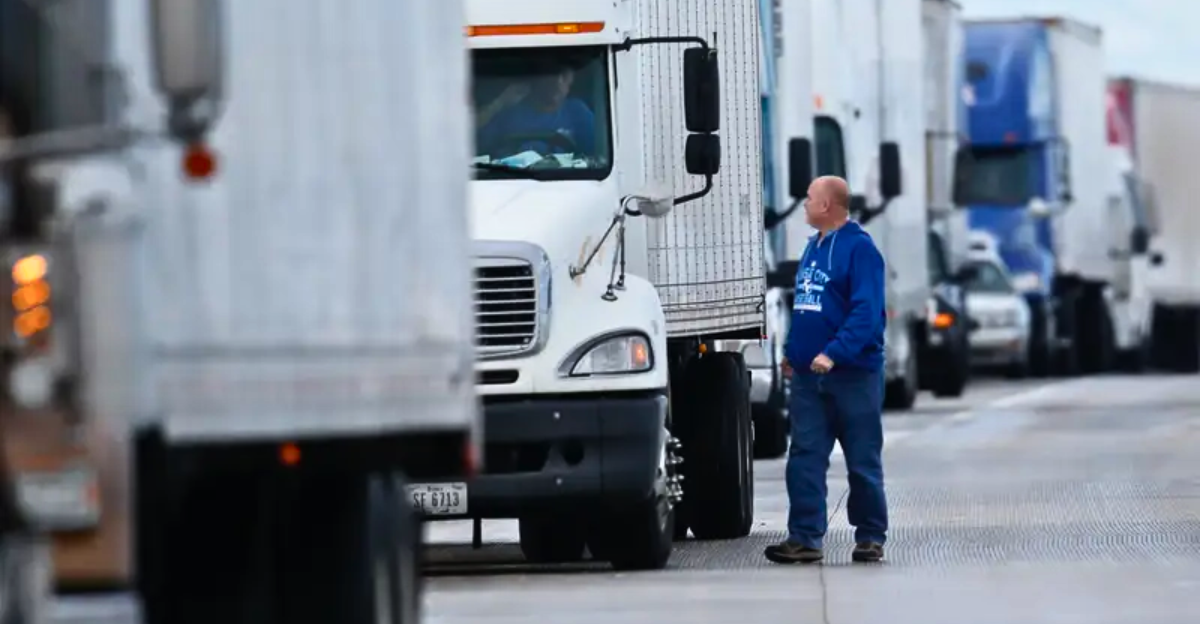
According to court documents, the company’s debts far outpaced its revenue for months on end. Among the creditors are major truck manufacturers, lenders, and financial institutions.
As revenue declined, the costs of running these trucks, like maintenance, insurance, and payroll, became unsustainable, leaving the company dangerously leveraged and unable to cover even its basic operational expenses.
Accidents and Inspections
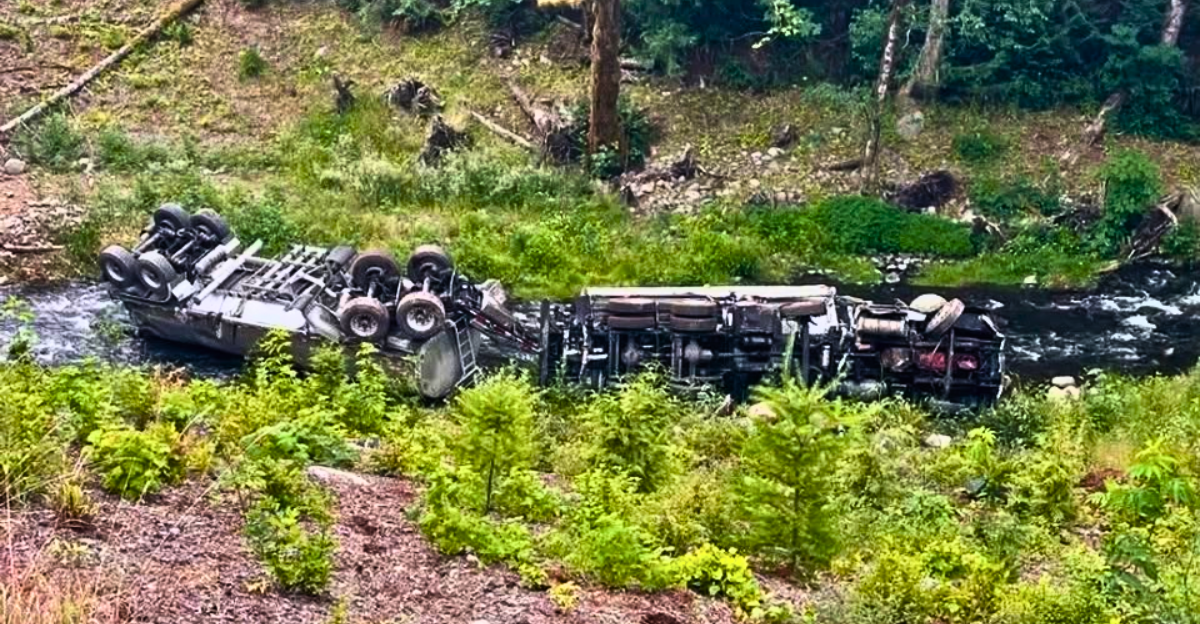
On top of that, troubling safety records added to Indian Creek’s financial troubles. Over the past two years, the company’s trucks have been involved in seven accidents, one of which was fatal. Repeated roadside inspections found problems that led to vehicles being pulled from service and drivers being benched.
Regulatory pressure increased, which led to costly repairs and lost loads, further damaging the company’s fragile stability and making it harder to win new business.
Economic Headwinds Everywhere
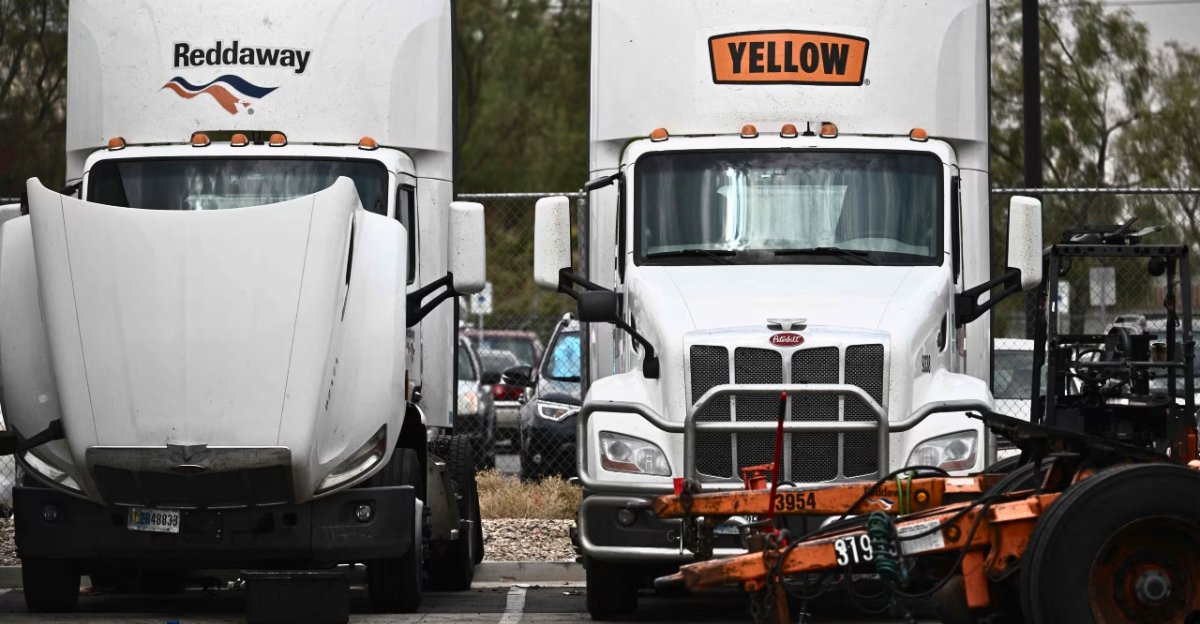
But Indian Creek has not been alone in facing tough times. Across the industry, freight rates sank as demand slowed. At the same time, fuel prices, maintenance costs, and insurance premiums soared.
Even the most efficient carriers struggled to make a profit. For Indian Creek, these economic struggles were too much, accelerating the slide toward insolvency.
Ripple Effects for the Whole Industry
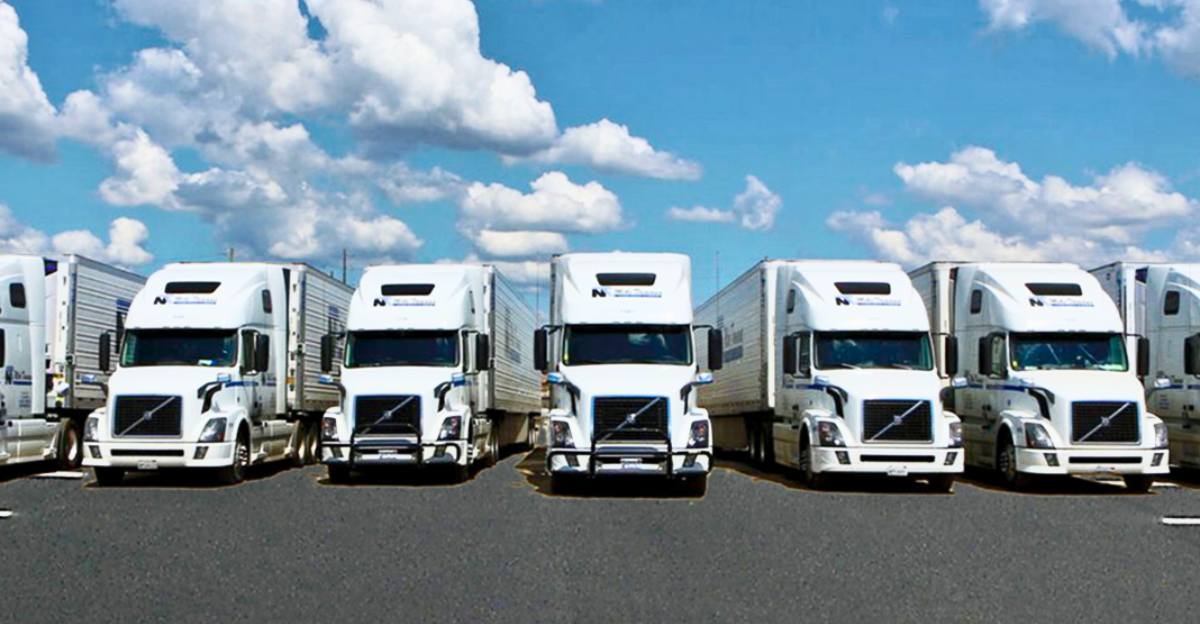
Indian Creek’s collapse is just one piece of a larger problem that shaking the trucking industry. Across Colorado and the nation, the indsutry is facing a “freight recession, ” marked by falling rates and shrinking loads.
Many trucking companies have already closed their doors for good this year, leading to widespread layoffs and changing the entire transport landscape.
Deeper Pain: This Is One of Many Closings
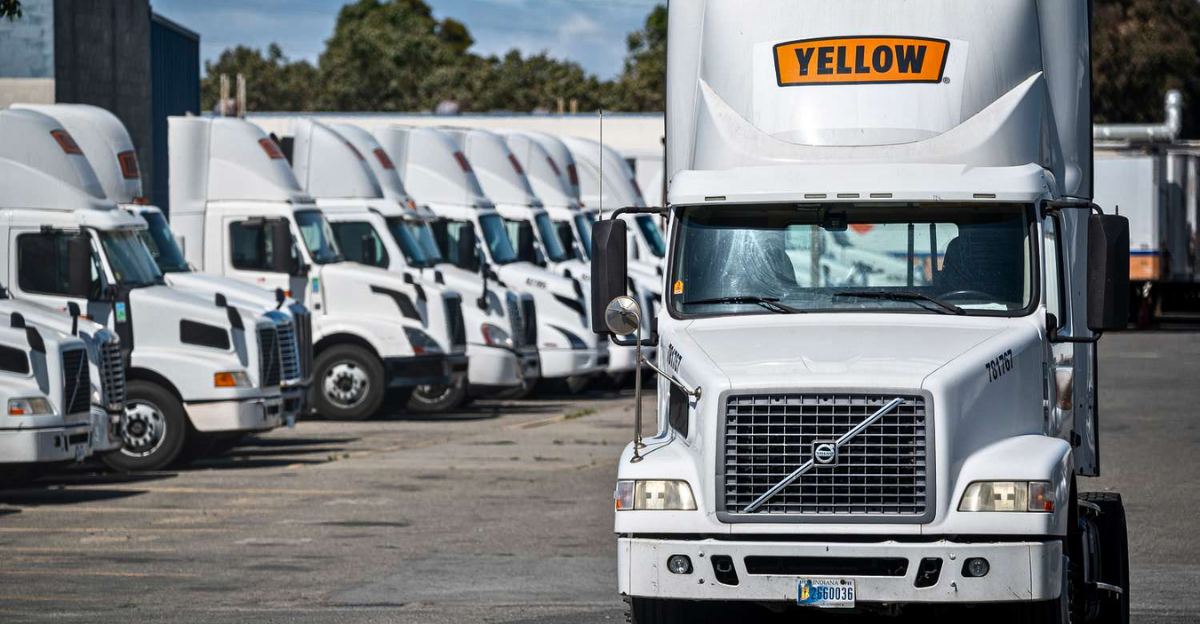
The company’s shutdown is one piece of a larger trend. In 2023 alone, more than 8,000 trucking companies stopped their operations nationwide, and even more closures are likely for 2025.
Small fleets are especially at risk, struggling to compete as the industry consolidates. For workers, communities, and shippers, the pain extends far beyond a single bankruptcy.
Creditors Left Holding the Bag
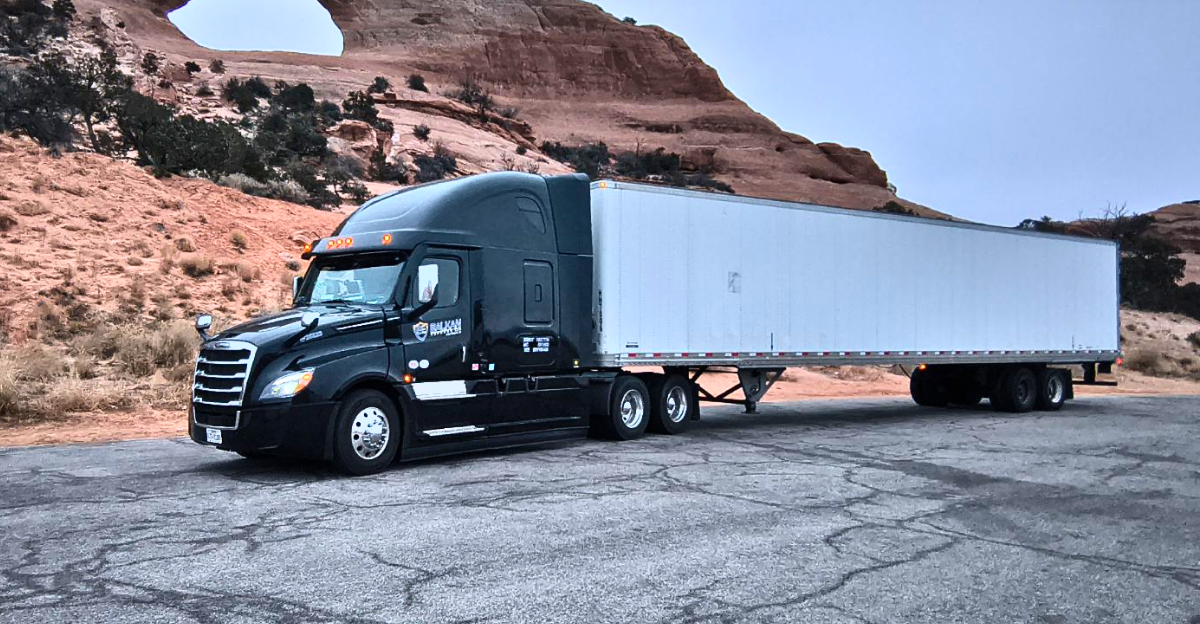
Major lenders and suppliers are now bracing for significant losses. Daimler Truck Financial is owed $1.9 million, while BMO Bank is out another $1.3 million.
With Indian Creek’s limited assets set to be liquidated, creditors will likely only recieve a small portion of what they’re owed. The situation highlights the financial risks of backing small to mid-sized carriers in today’s volatile market.
Drivers Face Uncertain Futures
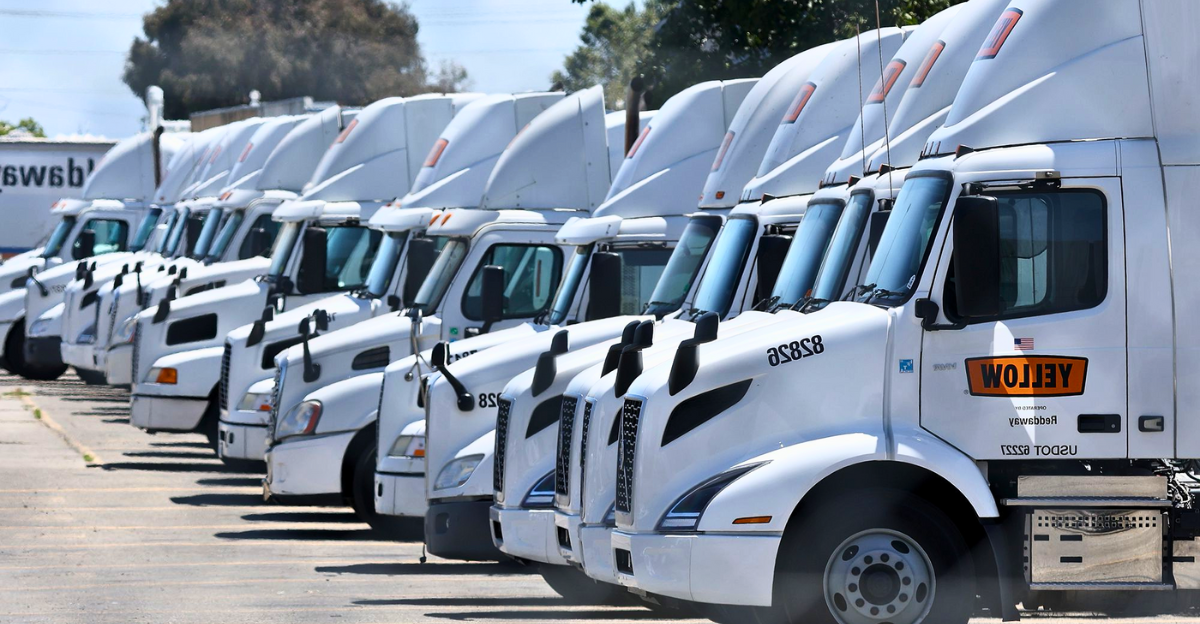
Laid-off drivers are now facing an uphill battle, scrambling to find new jobs as bills pile up and job boards overflow with applicants. With too many drivers competing for too few quality positions, finding steady work won’t be easy.
Some of these people are left weighing tough choices: either accept longer commutes or lower pay, or walk away from trucking altogether.
Community Fallout

Bankruptcy for a local trucking company doesn’t just hurt the employees; it has an effect on the entire community. Repair shops, gas stations, and diners all lose reliable customers almost overnight.
Smaller suppliers who depend on regular hauls must now find new partners or risk losing revenue.
Is Recovery Possible?
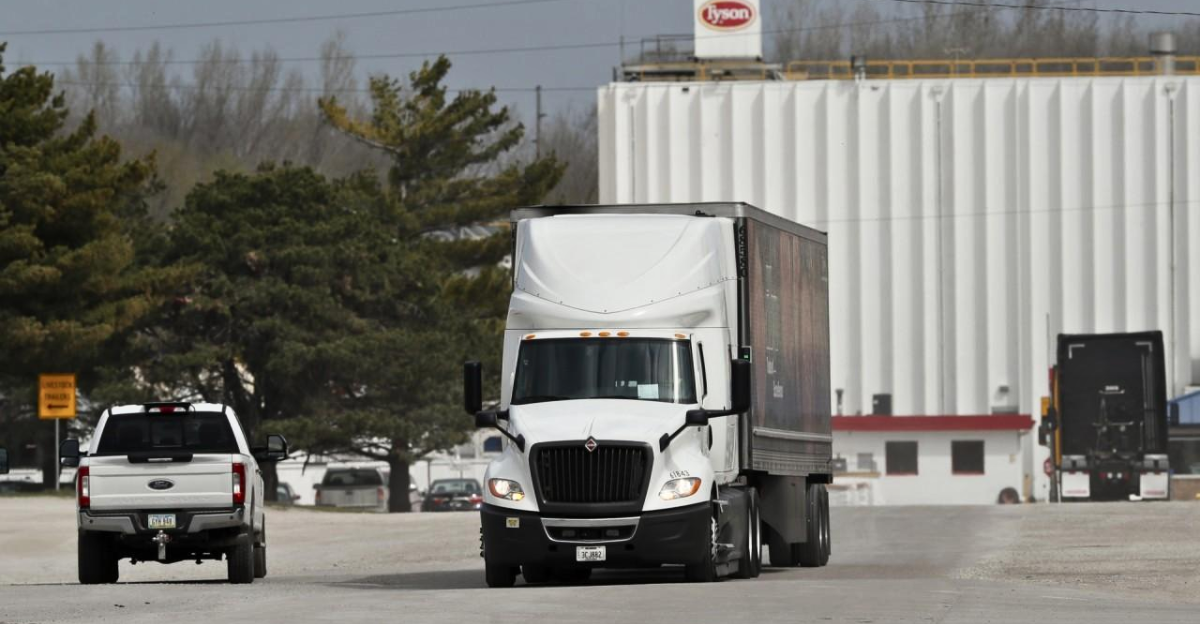
Indian Creek Express plans to maintain limited operations under court supervision as it attempts to restructure its debts, but with so little cash, the outlook is bleak.
Unless outside investment or a dramatic freight market turnaround, the company’s chances of recovery remain slim. Employees and creditors face the reality that, for Indian Creek and others, a comeback is far from certain.
The Bigger Question

Indian Creek’s bankruptcy filing raises important questions: How many more jobs and companies will disappear before demand stabilizes?
Has the trucking industry changed for good, or is better freight on the horizon? As closures pick up pcae, workers and customers must grapple with whether this is just a downturn, or a permanent transformation.